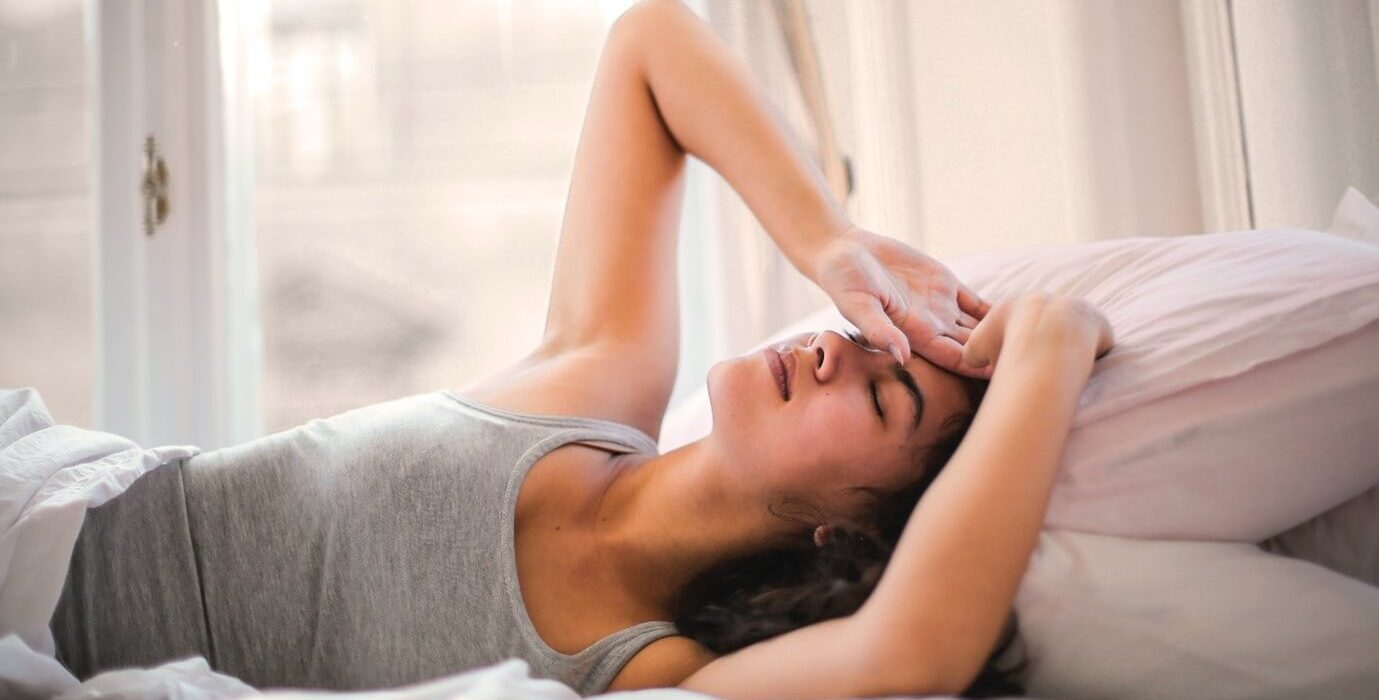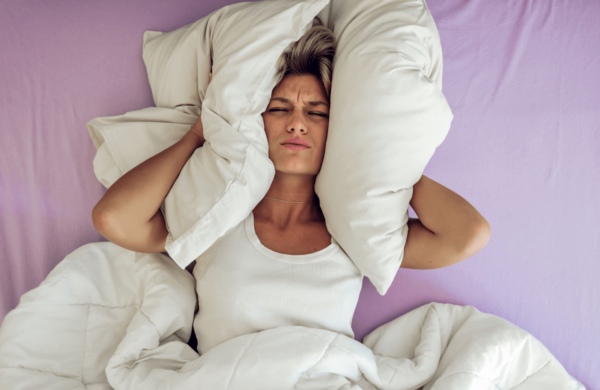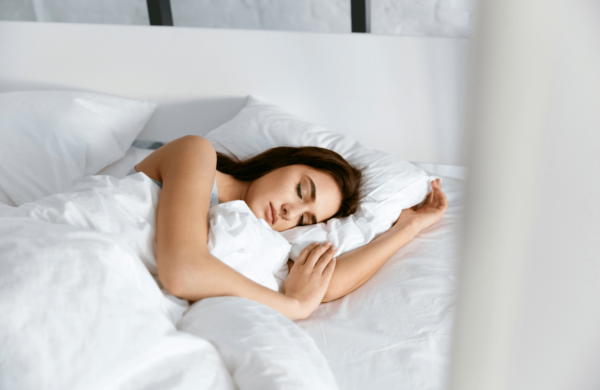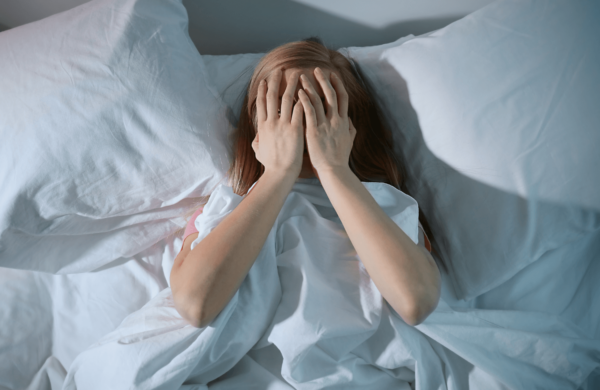What NOT to do before going to sleep
Have you ever gone to bed feeling tired and instead off drifting peacefully, you find yourself lying wide awake an hour later wondering “WHY CAN’T I SLEEP???”.
Don’t worry, this has happened to all of us at some point, you’re definitely not alone. Sleep is so important in making sure we’re the best version of ourselves whilst awake, and not getting enough can throw us totally off our ‘A’ game.
Lucky for you we have put together some suggestions for what NOT to do before going to sleep. Read on to learn what to avoid to get the best possible night’s sleep, every night.

Try not to worry
We’ve all done it – gone to bed to try and get a decent night’s sleep then lain there thinking about work, home, family, things that need to be done, what someone said today, where you need to be tomorrow, is the back door locked?!
There can be so much to worry about daily in the society we live in, it’s no wonder it keeps some of us awake at night.
With our lives shared online, through social media and instant messaging, many of us are in constant digital contact with others.
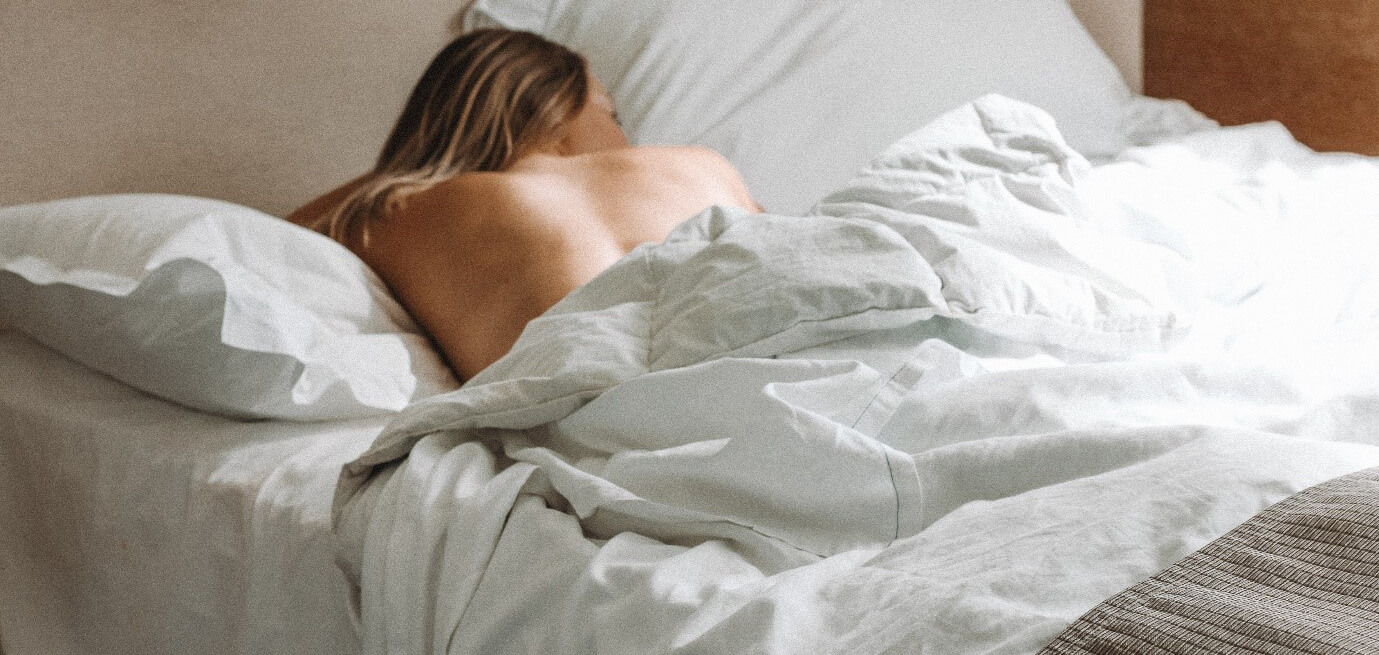
There is pressure to have certain things, to look a certain way, to behave in a certain way and conform to a set of perceived standards, both personally and professionally.
Some of us worry about what’s happening around us and with 24/7 news sites and apps it can become overwhelming for people of all ages. All these things can affect our ability to switch off at night.
Ways to help with anxiety and worrying can include meditation, yoga, confiding in someone or going for a walk. There are also breathing techniques you can try to help calm down and relax.
Check out our blog ‘How to get to sleep fast’ for more suggestions on how to relax.
Avoid caffeine for sleep benefits
Caffeine is most often found in drinks such as tea and coffee, although energy drinks and fizzy drinks can contain high amount of caffeine. Caffeine is a stimulant and experts say it can even help to boost cognitive functioning.
However the down side is that caffeine can adversely affect your circadian rhythms by inhibiting your body’s ability to produce melatonin – that helpful hormone which encourages us to feel sleepy.
You will be able to feel the effects of drinking a caffeinated drink between 30-60 minutes after consumption, but caffeine can still affect your body many hours later. Therefore, you should limit your caffeine intake in the afternoon, so it doesn’t stop you falling asleep at bedtime.
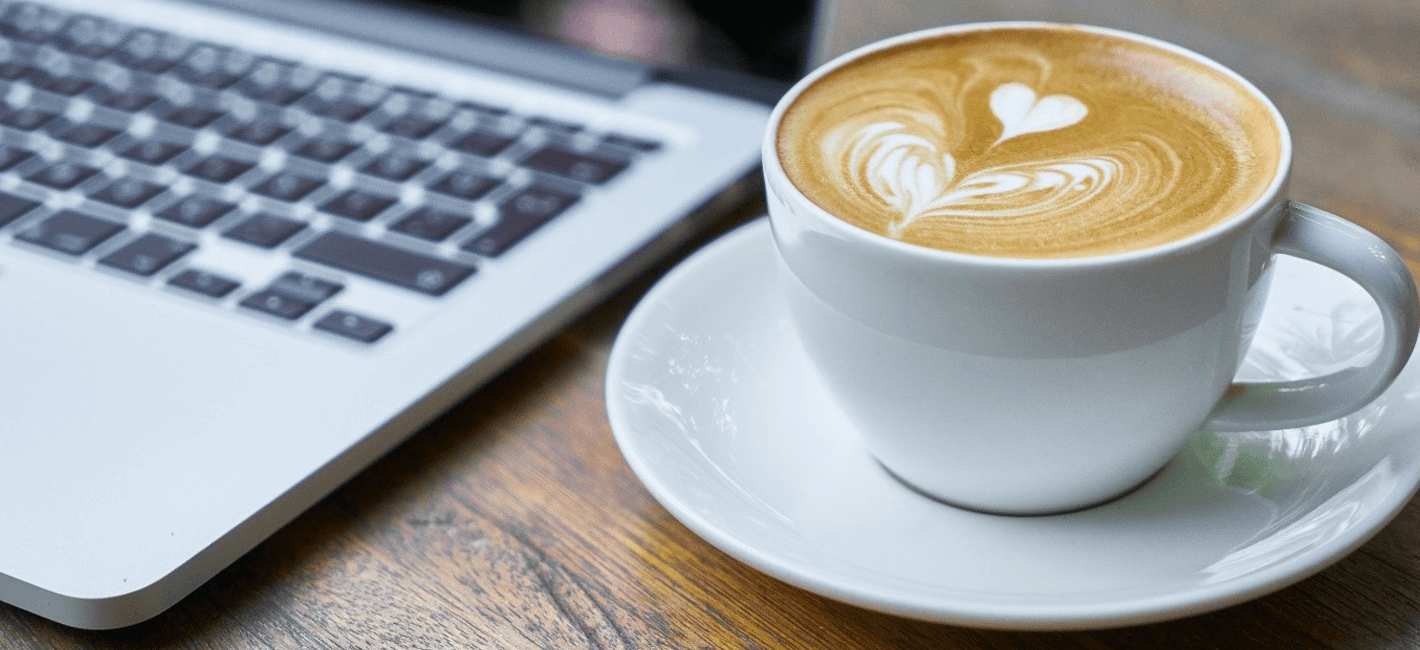
Avoid certain foods for better sleep
Our diet plays an important role in the quality of our sleep. Being overweight can inhibit your ability to fall, and stay, asleep. Consequently, being tired and not getting enough sleep can make us more prone to overindulging and can stop us feeling full, which leads to a cyclical pattern which can be hard to break.
For a restorative night’s sleep try to avoid fatty food or carbohydrate-heavy meals as these will take longer for your body to digest.
Digestion of a heavy meal can keep you awake and stop you feeling sleepy, or if you do fall asleep, it can make you restless and unsettling during the night.
Sugary foods can also affect your sleep. The insulin needed to break down the sugars converts it to energy which can consequently give you a burst of stimulation when you’d rather be preparing to rest.
Avoid sugary snacks close to bedtime to ensure your body is able to relax and unwind ready for falling asleep.
For optimal sleep it is said that it is best to have your last meal 3 hours before you go to sleep.

Don’t exercise too close to bedtime
Regular exercise is essential to maintaining a healthy body and mind. Being a healthy weight and having an active lifestyle is a proven way to ensure consistent sleep health as well as reducing your risk of certain diseases, it helps to maintain a strong body and ensures better cardiovascular health.
Exercising, or any activity which increases your heartrate, encourages your body to produce endorphins which are known as natural mood elevators and painkillers.
Aerobic exercise also reduces the body’s stress hormones. The effects of exercise on your brain on body are tremendous and play a big part in helping you to feel tired and sleeping restfully.
Raising your heart rate also increases your body temperature which can stop you feeling tired and keep you awake at nighttime.
Exercising before bed is not recommended as the ‘high’ this can induce is initially stimulating and can make you feel way more alert than sleepy.
Reduce screen time
We are exposed to more blue light that ever before as many of our devices use LED technology which involves high amounts of blue light.
Blue light wavelengths are short and high-energy and we can detect this light through both our eyes and skin.
Exposure to blue light towards the end of the day acts as a stimulant and inhibits the body’s production of melatonin, that super helpful sleep-inducing hormone.
Avoid watching screens too close to bedtime to ensure your body is best prepared for sleep.
Swap your phone for a book or use a aromatherapy candleas a main light source before you go to bed to help your brain switch off.
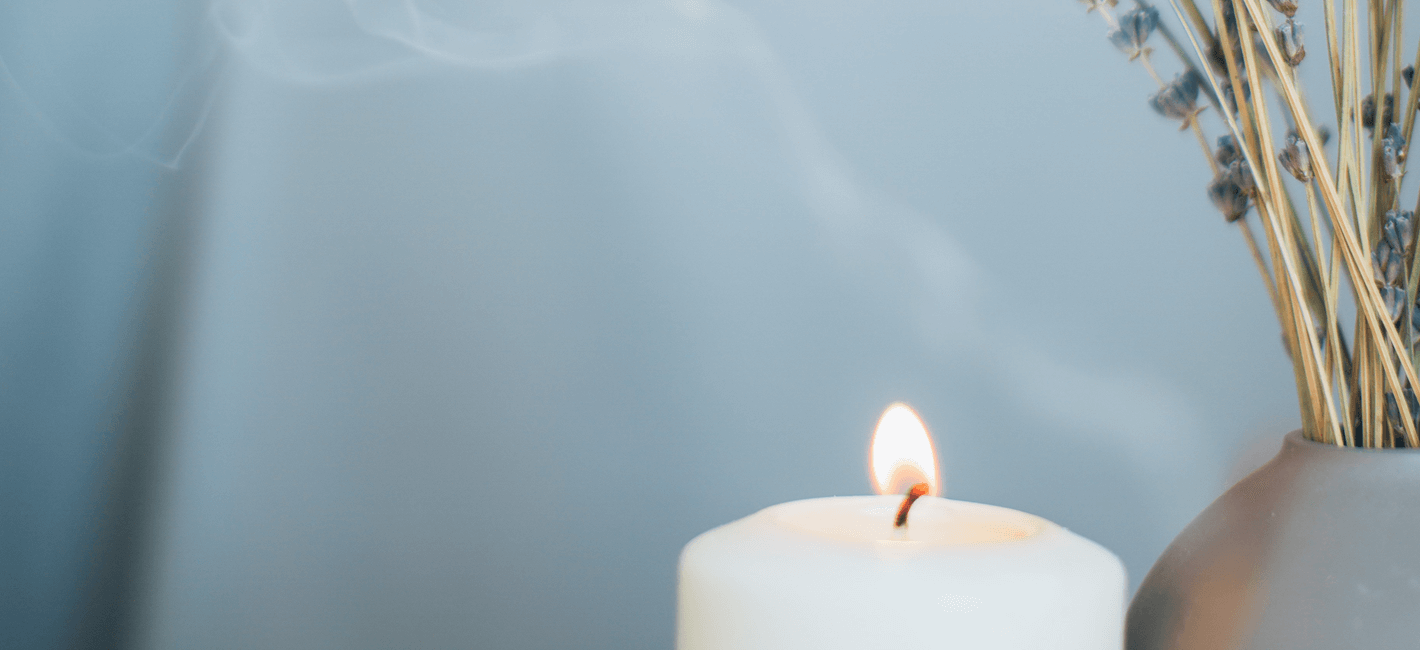
Avoid alcohol for better sleep
Drinking alcohol depresses your central nervous system and reduces brain activity, making you feel relaxed and lethargic which can help you fall asleep.
However, the quality of your sleep when drinking excessively is drastically reduced. Falling asleep quickly after consuming alcohol sends many of us straight into a deep sleep which reduces the amount of time spent in other sleep stages.
This imbalance can cause us to sleep fitfully, wake early and struggle to get back to sleep again. Consuming liquids in excess can also keep you up at night, adding to the poor-quality night’s sleep.
It is best to avoid drinking excessively before bed to ensure you sleep restfully throughout the night.

Don’t go to bed too early
Have you read our recent blog article about ‘How to fix your sleep schedule’?
Setting up a regular bedtime routine is one of the best ways to get to sleep fast, to sleep well and to get a consistently good amount of sleep.
This is why new mothers are encouraged to establish a feeding and sleeping routine for new babies as early as possible.
As a proven strategy for settling babies into a familiar and comfortable routine it benefits not only themselves but new mothers who may be sleep deprived too.
Going to bed earlier than normal can throw your routine out the window and make it much trickier to fall asleep.
So try to go to bed at the same time each night, weekdays and at the weekend.
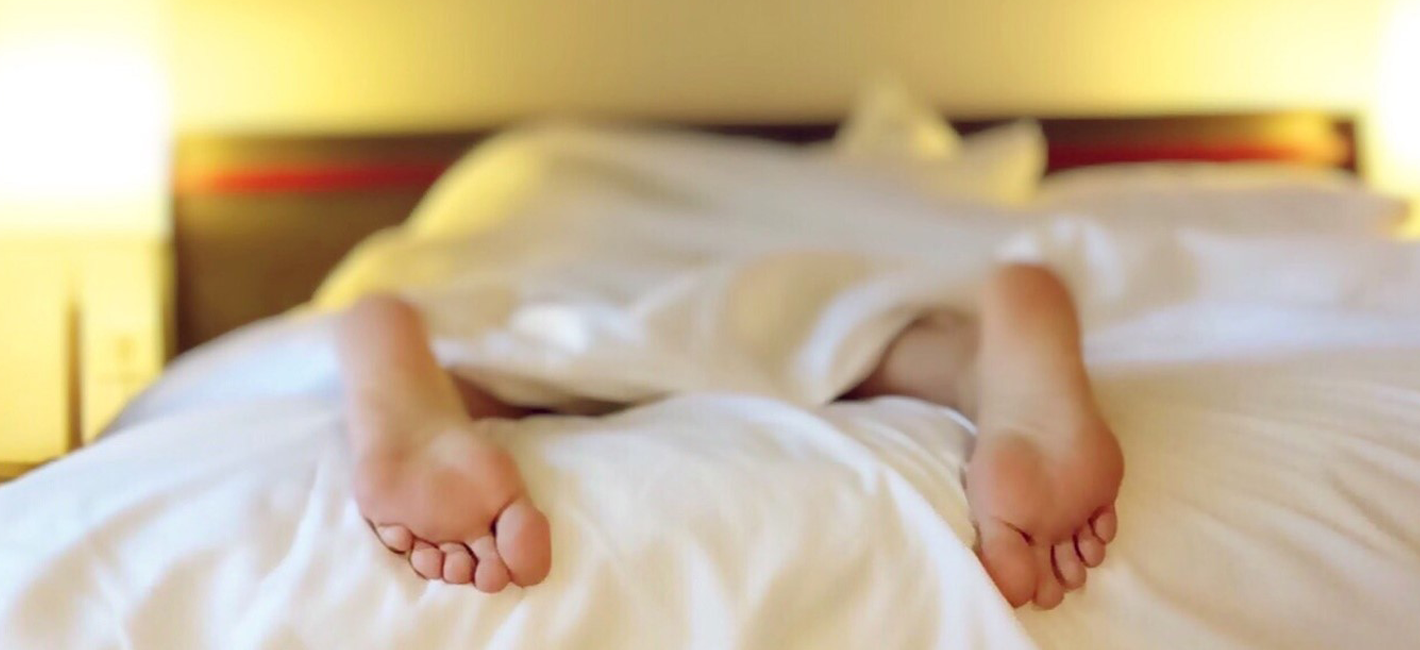
How to get better sleep
The experts recommend that we get between 7 – 9 hours of sleep a night, so this is the target number to try and work towards. Working to a sleep schedule can help your body know when to feel tired and when to wake up.
Maintaining a healthy diet and weight, exercising regularly and making sure you get enough daylight exposure, will all contribute to making you to feel tired at bedtime. Most importantly, try to avoid all the above before going to sleep!

